Robert Bever
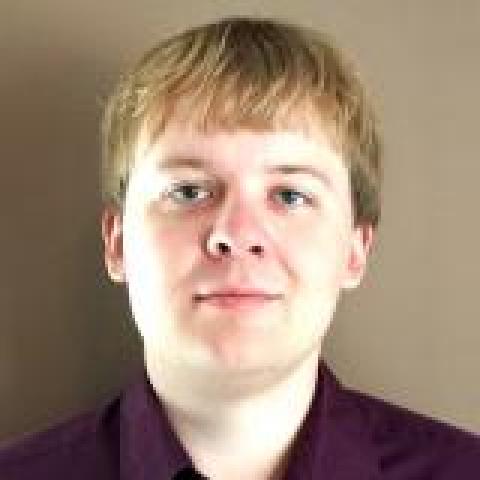

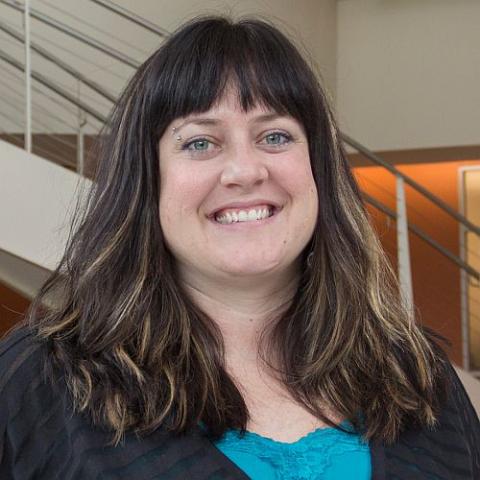
My primary interest is floating ice systems - Jupiter's moon Europa and Earth's ice shelves. I am interested in how these environments work and how they may become habitable. I have chosen to focus on Europa because of its potential to have what other places may not have: a stable source of energy from tides that can power geological cycles over the lifetime of the solar system. At its most basic form, life is like a battery, depending upon redox reactions to move electrons. A planetary proxy for this is activity, whereby a planet recycles through geologic processes, and maintains chemical gradients of which life can take advantage. Without recycling, it is possible that even once habitable environments can become inhospitable. This is where terrestrial process analogs come into the picture - by studying how ice and water interact in environments on Earth we can better understand the surface indications of such on Europa (and other icy worlds). My work provides a framework by which to remotely understand planetary cryospheres and test hypotheses, until such time as subsurface characterization becomes possible by radar sounding, landed seismology, or one day, roving submersibles. Much work remains to correlate observations and models of terrestrial icy environments - excellent process analogs for the icy satellites - with planetary observations. I think about how to incorporate melting, hydrofracture, hydraulic flow, and now brine infiltration as process analogs into constructing models for the formation of Europa's geologic terrain and to study the implications for ice shell recycling and ice-ocean interactions. The inclusion of realistic analogs in our backyard-Earth's poles -using imaging and geophysical techniques is a common thread of this work, giving tangible ways to generate and test hypotheses relevant to environments on Earth and Europa. In the long term, I envision constructing systems-science level models of the Europan environment to understand its habitability and enable future exploration. I'm lucky to work with a talented group of students, post docs, and collaborators who share this vision and continue to make my life's passion, understanding the worlds around us, tenable.

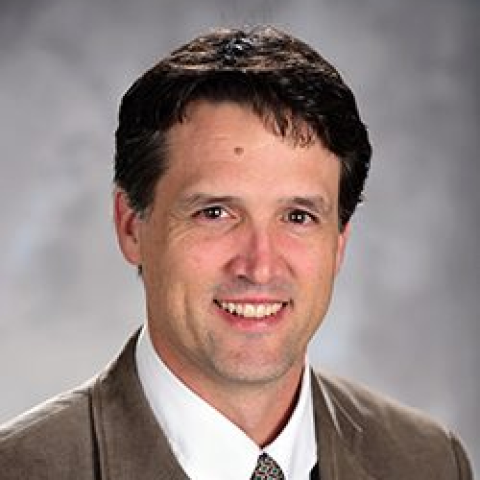
Dr. Gunter is an Assistant Professor in Aerospace Engineering at the Georgia Institute of Technology. He received his B.S. in mechanical engineering from Rice University, and later his M.S. and Ph.D. in aerospace engineering from the University of Texas at Austin, specializing in orbital mechanics. Prior to joining Georgia Tech, Dr. Gunter was on the faculty of the Delft University of Technology (TU-Delft) in the Netherlands, as a member of the Physical and Space Geodesy section. His research activities involve various aspects of spacecraft missions and their applications, such as investigations into current and future laser altimetry missions, monitoring changes in the polar ice sheets using satellite data, applications of satellite constellations/formations, and topics surrounding kinematic orbit determination. He has been responsible for both undergraduate and graduate courses on topics such as satellite orbit determination, Earth and planetary observation, scientific applications of GPS, and space systems design. He is currently a member of the AIAA Astrodynamics Technical Committee, and also serves as the Geodesy chair for the Fall AGU Meeting Program Committee. He has received a NASA group achievement award for his work on the GRACE mission, and he is also a former recipient of a NASA Earth System Science Graduate Fellowship. He is a member of the American Institute of Aeronautics and Astronautics (AIAA), the American Geophysical Union (AGU), and the International Association of Geodesy (IAG).
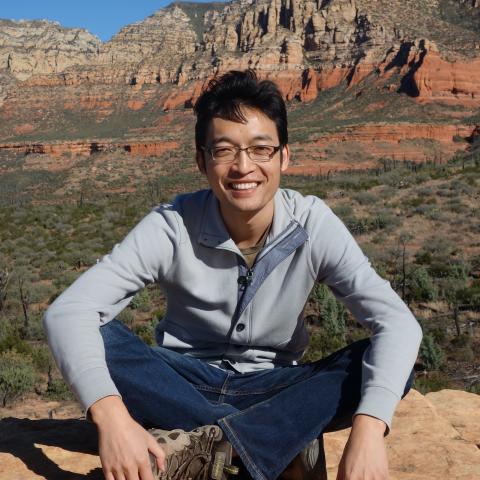
Yongxin Chen was born in Ganzhou, Jiangxi, China. He received his BSc in Mechanical Engineering from Shanghai Jiao Tong university, China, in 2011, and a Ph.D. degree in Mechanical Engineering, under the supervision of Tryphon Georgiou, from University of Minnesota in 2016. He is currently an Assistant Professor in the School of Aerospace Engineering at Georgia Institute of Technology. Before joining Georgia Tech, he had a one-year Research Fellowship in the Department of Medical Physics at Memorial Sloan Kettering Cancer Center with Allen Tannenbaum from 2016.8 to 2017.8 and was an Assistant Professor in the Department of Electrical and Computer Engineering at Iowa State University from 2017.8 to 2018.8. He received the George S. Axelby Best Paper Award (IEEE Transaction on Automatic Control) in 2017 for his joint work "Optimal steering of a linear stochastic system to a final probability distribution, Part I" with Tryphon Georgiou and Michele Pavon.
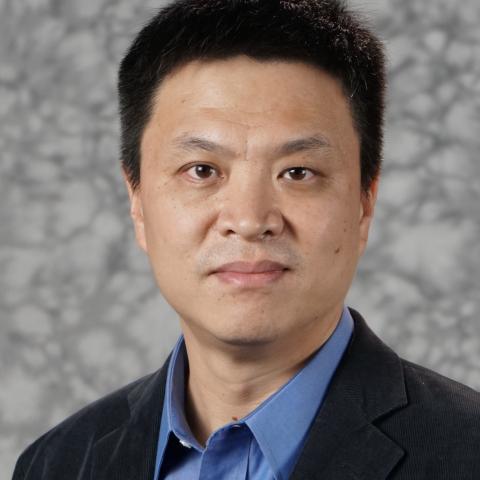
Dr. Fumin Zhang joined Georgia Tech's School of Electrical and Computer Engineering in 2007 as an assistant professor. He received a Ph.D. degree in 2004 from the University of Maryland (College Park) in Electrical Engineering, and held a postdoctoral position in Princeton University from 2004 to 2007. His B.S. and M.S. degrees, both in electrical engineering, are from Tsinghua University in Beijing. Fumin Zhang's research focuses on mobile sensor networks that demonstrate bio-inspired long duration autonomy. He has contributed to the co-design of control, sensing, and communication algorithms for mobile sensing agents that collect information to model spatial temporal stochastic fields. An application domain of his research has been marine robots for environmental sensing and data collection. He has established a theoretical framework for the investigation of battery supported Cyber-Physical Systems. He also developed a co-design methodology for real-time scheduling, realtime control, and battery management. He is currently serving as the co-chair for the IEEE RAS Technical Committee on Marine Robotics and is the associate editor for IEEE Journal of Oceanic Engineering, Robotics and Automation Letters, IEEE Transactions on Automatic Control, and IEEE Transactions on Control of Networked Systems. He also serves as the deputy editor-in-chief for the Cyber-Physical Systems Journal.
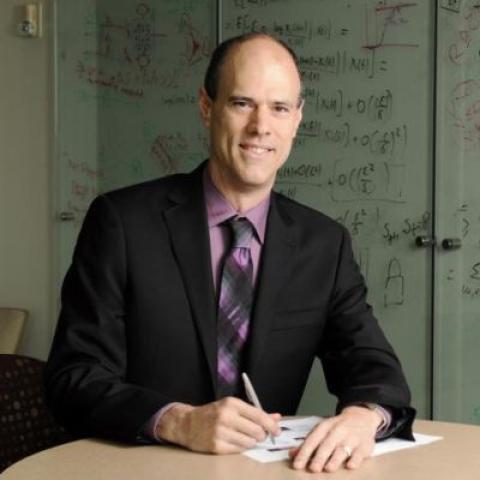
Professor Yezzi was born in Gainsville, Florida and grew up in Minneapolis, Minnesota. He obtained both his Bachelor's degree and his Ph.D. in the Department of Electrical Engineering at the University of Minnesota with minors in mathematics and music. After completing his Ph.D., he continued his research as a post-Doctoral Research Associate at the Laboratory for Information and Decision Systems at Massachusetts Institute of Technology in Boston, MA. His research interests fall broadly within the fields of image processing and computer vision. In particular he is interested in curve and surface evolution theory and partial differential equation techniques as they apply to topics within these fields (such as segmentation, image smoothing and enhancement, optical flow, stereo disparity, shape from shading, object recognition, and visual tracking). Much of Dr. Yezzi's work is particularly tailored to problems in medical imaging, including cardiac ultrasound, MRI, and CT. He joined the Georgia Tech faculty in the fall of 1999 where he has taught courses in DSP and is working to develop advanced courses in computer vision and medical image processing. Professor Yezzi consults with industry in the areas of visual inspection and medical imaging. His hobbies include classical guitar, opera, and martial arts.
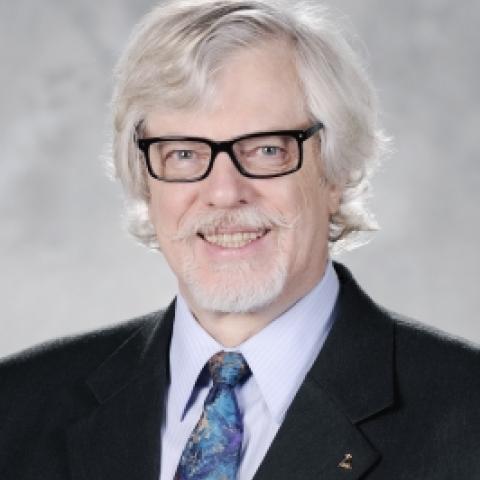
Erik I. Verriest received the degree of 'Burgerlijk Electrotechnisch Ingenieur' from the State University of Ghent, Ghent, Belgium in 1973, and the M.Sc. and Ph.D. degrees from Stanford University in 1975 and 1980, respectively. He was employed by the Control Systems Laboratory and the Hybrid Computation Centre, Ghent, Belgium, where he worked on process simulation and control in 1973-74. His doctoral research at Stanford was on the algebraic theory and balancing for time varying linear systems and array algorithms. He joined the faculty of Electrical and Computer Engineering at Georgia Tech in 1980. He spent the 1991-92, 1993-94 and 1994-95 academic years at Georgia Tech Lorraine. He has contributed to the application of the theory of systems over finite fields in cryptography, data compression, sensitivity analysis of array algorithms with applications in estimation and control, algorithms for optical computing. More recently he contributed to the theory of periodic and hybrid systems, delay - differential systems, model reduction for nonlinear systems, and control with communication constraints. He served on several IPC's and is a member of the IFAC Committee on Linear Systems.
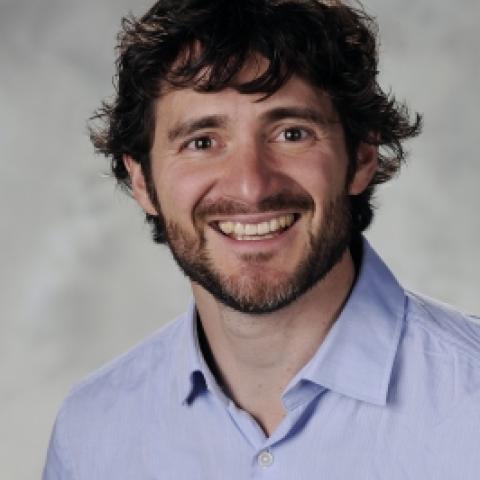
Patricio Vela was born in Mexico City, Mexico and grew up in California. He earned his bachelor of science degree in 1998 and his doctorate in 2003 at the California Institute of Technology, where he did his graduate research on geometric nonlinear control androbotics. Dr. Vela came to Georgia Tech as a post-doctoral researcher in computer vision and joined the ECE faculty in 2005. His research interests lie in the geometric perspectives to control theory and computer vision. Recently, he has been interested in the role that computer vision can play for achieving control-theoretic objectives of (semi-)autonomous systems. His research also covers control of nonlinear systems, typically robotic systems.
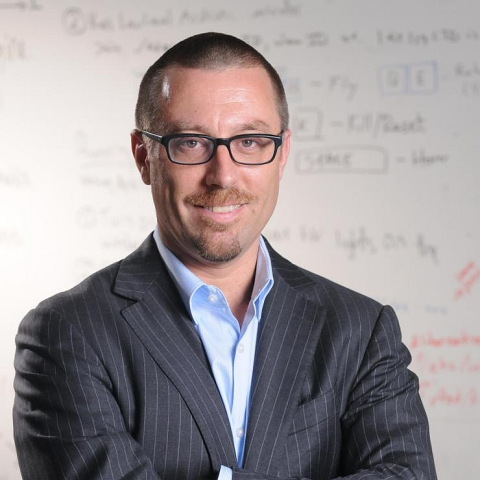
Dr. Magnus Egerstedt is Dean of The Henry Samueli School of Engineering at the University of California, Irvine and has previously served as the Executive Director for the Institute for Robotics and Intelligent Machines at Georgia Tech. He received the M.S. degree in Engineering Physics and the Ph.D. degree in Applied Mathematics from the Royal Institute of Technology, Stockholm, Sweden, the B.A. degree in Philosophy from Stockholm University, and was a Postdoctoral Scholar at Harvard University. Dr. Egerstedt conducts research in the areas of control theory and robotics, with particular focus on control and coordination of multi-robot systems. Magnus Egerstedt is a Fellow of the IEEE and a Foreign member of the Royal Swedish Academy of Engineering Science, and he has received a number of teaching and research awards, including the Ragazzini Award from the American Automatic Control Council, the Outstanding Doctoral Advisor Award and the HKN Outstanding Teacher Award from Georgia Tech, the Alumni of the Year Award from the Royal Institute of Technology, and the CAREER Award from the U.S. National Science Foundation.